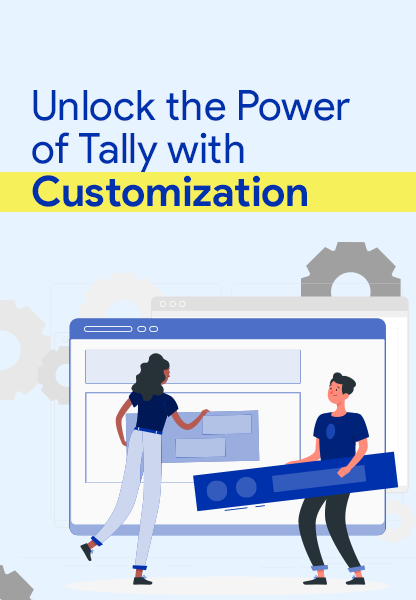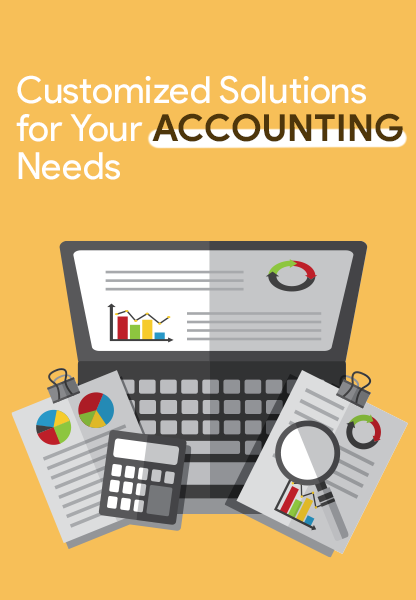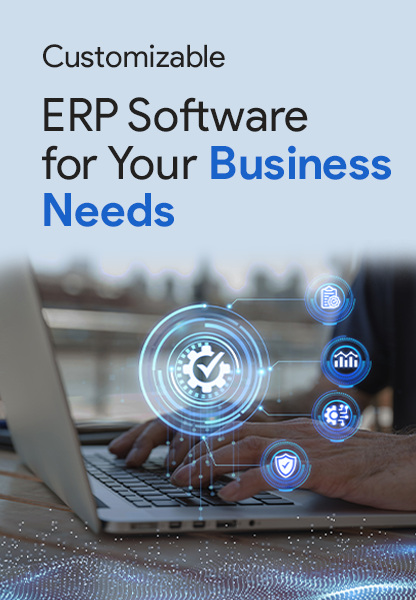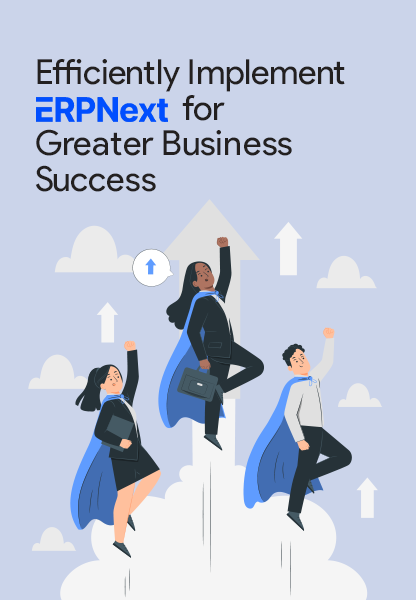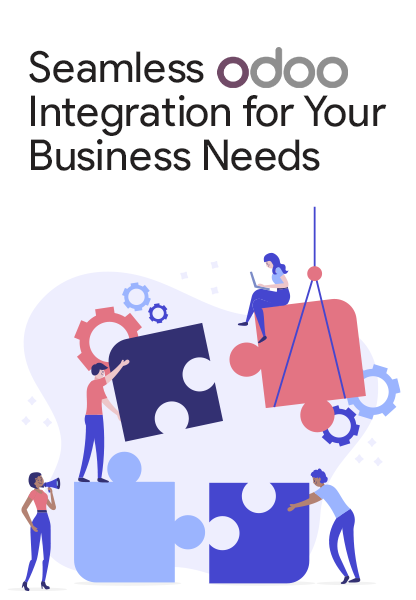
7 Questions before your ERP implementation
ERP Implementation
Implementing an Enterprise Resource Planning (ERP) system is a significant undertaking for any organization. It involves integrating various business processes and functions into a unified software solution to enhance efficiency, streamline operations, and improve decision-making. However, the success of an ERP implementation depends on careful planning and preparation. One crucial step is to ask the right questions before embarking on the implementation journey.
Explore some essential questions that organizations should consider before implementing an ERP system:
What are our specific business objectives?
Before implementing an ERP system, it is vital to define your organization's specific business objectives and goals. Are you aiming to improve operational efficiency, enhance supply chain management, or gain better financial insights? Clearly articulating your objectives will help you align your ERP implementation strategy with your overall business strategy.
Have we conducted a thorough needs assessment?
Conducting a comprehensive needs assessment is crucial to understanding the specific requirements of your organization. Assess your current business processes, identify pain points, and determine the functionalities and features you need in an ERP system. Consider involving stakeholders from different departments to gather diverse perspectives and ensure that the chosen ERP solution addresses the needs of the entire organization.
What is our budget and timeline?
ERP implementation requires a significant investment of both financial resources and time. Establishing a realistic budget and timeline is essential to manage expectations and ensure a successful implementation. Consider the costs associated with software licenses, hardware infrastructure, implementation services, training, and ongoing maintenance. Set a realistic timeline that allows for thorough testing, data migration, and user training to minimize disruption to your operations.
Have we evaluated different ERP vendors?
There are numerous ERP vendors in the market, each offering unique features and functionalities. Take the time to evaluate different vendors and their solutions. Consider factors such as scalability, flexibility, industry-specific capabilities, vendor reputation, customer support, and future upgrade paths. Engage in discussions and demonstrations with potential vendors to get a better understanding of their offerings and how they align with your organization's requirements.
Best Top 10 ERP Software in Dubai – 2023 Latest Edition
Are we prepared for organizational change?
Implementing an ERP system often entails significant organizational change. It is important to assess your organization's readiness for change and prepare your employees for the transition. Communicate the reasons for implementing the ERP system and the benefits it will bring. Develop a change management plan that includes training programs, change champions, and ongoing support to facilitate user adoption and mitigate resistance.
How will data migration and integration be handled?
Data migration is a critical aspect of ERP implementation. Determine how your existing data will be migrated into the new system and ensure data integrity and accuracy throughout the process. Consider the compatibility of your legacy systems with the new ERP solution and plan for data integration to ensure seamless information flow across different departments and functions.
What are the security and data privacy measures?
Data security and privacy should be a top priority when implementing an ERP system. Evaluate the security measures and protocols offered by the ERP vendor to protect your sensitive business data. Consider factors such as user access controls, encryption, backup and disaster recovery processes, and compliance with relevant regulations like GDPR or CCPA. Ensure that your chosen ERP solution adheres to industry best practices for data protection.
Conclusion:
Implementing an ERP system can be a transformative journey for your organization, but it requires careful planning and consideration. By asking the right questions before embarking on an ERP implementation, you can ensure that your chosen solution aligns with your business objectives, addresses your specific needs, and leads to a successful implementation. Taking the time to assess your requirements, evaluate vendors, prepare for change, and prioritize data security will set the foundation for a smooth and efficient ERP implementation that brings long-term benefits to your organization.
Emerald is a cloud-based ERP software that offers comprehensive features for financial management, inventory management, order management, and customer relationship management (CRM). It is known for its scalability, flexibility, and industry-specific solutions, making it suitable for businesses of all sizes and industries.



